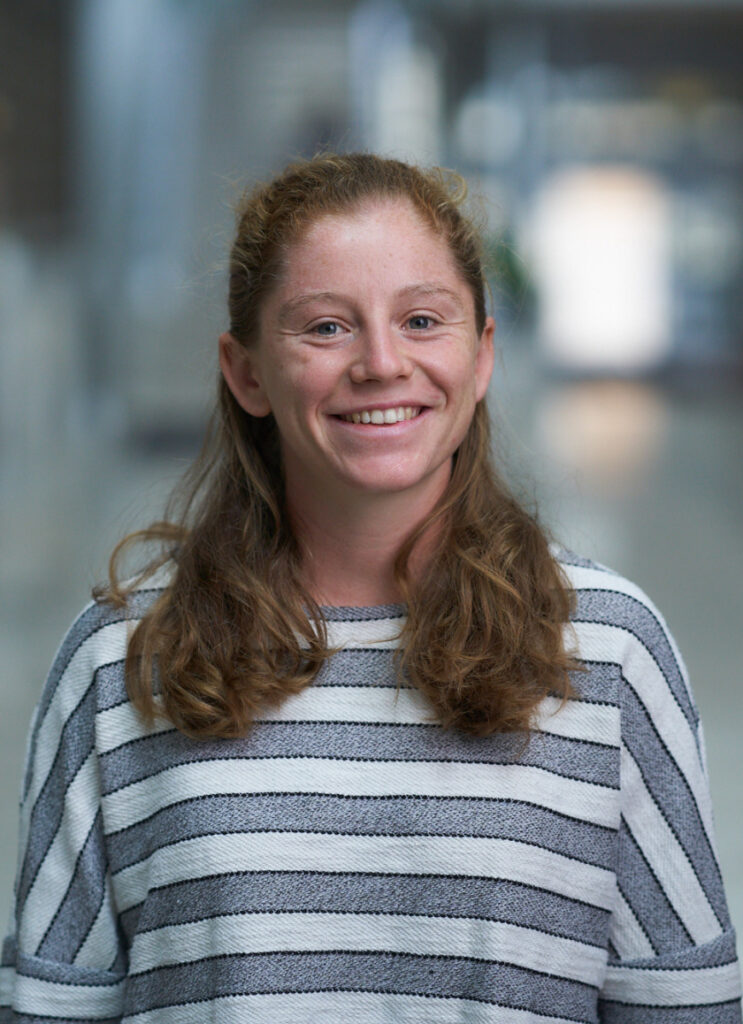The National Institute on Aging has awarded Lizzie Tilden, a graduate student in the Department of Neuroscience, an F30 fellowship that supports physician-scientists in training. Tilden is in the Medical Scientist Training Program (MSTP) at Washington University School of Medicine conducting her PhD research in the lab of Assistant Professor Yao Chen, PhD.

Tilden’s research project is examining the effect of aging on sleep’s contributions to learning. In particular, she is investigating how certain intracellular signals during sleep promote plasticity and learning and how this is affected by aging.
“Sleep is a key component to improving overall health outcomes, and as a future physician-scientist I hope to continue to push our understanding of basic brain function in order to more effectively treat the root causes of neuropsychiatric disorders,” said Tilden.
Chen said Tilden’s project links aging, sleep and learning, “three processes that are mysterious to scientists and central to health,” while also linking molecular mechanisms with physiology and behavior.
The F30 fellowship provides up to six years of stipend and tuition support and funds for childcare. Chen said it is a great benefit to physician-scientists in training because the support goes beyond the PhD years. MSTP students typically begin the MD portion of their training for a little more than a year, then focus on their PhD, and return to complete their MD; the full program takes between seven and eight years.
Chen said Tilden is a natural leader and excellent mentor who is curious, dedicated, fearless, and resourceful and added that she is excited about Tilden’s future success.
“Lizzie has made it clear to me on Day 1 of joining the lab her idea of success is beyond completing her PhD or publishing papers, but to learn a ton and to make discoveries she is proud of,” Chen said. “I am completely aligned with her on this idea of success. In the long run, I hope that Lizzie can be a pioneer that bridges molecular and systems neuroscience, can be a physician-scientist that meaningfully connects science and medicine, and I also hope she will have joy and fun throughout all these adventures.”